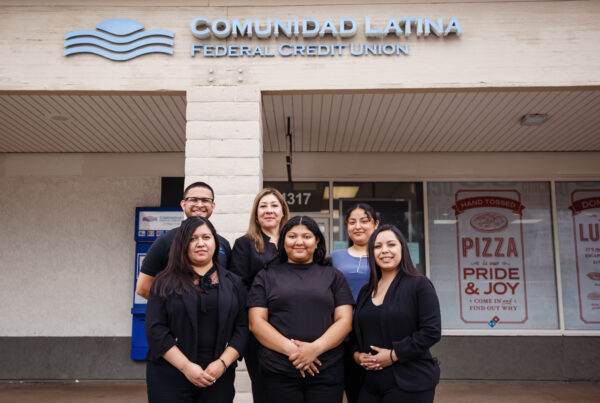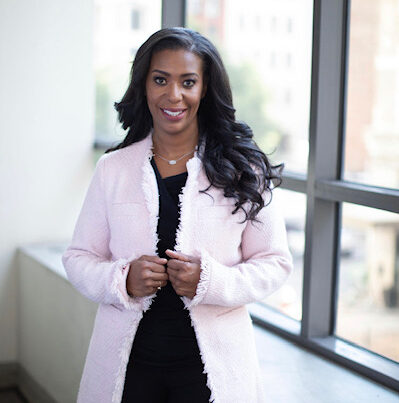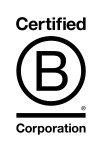Lloyd Doaman has dedicated his life to community development. He began his career in finance at JPMorgan Investment Management before pivoting to community development financial institutions (CDFIs), where he helped to provide access to capital and technical assistance to small businesses, nonprofits, and credit unions. Over three years ago, Lloyd had the opportunity to join Carver Community Development Corporation, a wholly owned subsidiary of Carver Federal Savings Bank, as its President and Executive Director. In his role, Lloyd is responsible for everything from the microloan and grant programs to financial literacy and community outreach. According to Lloyd, his previous experience working for CDFIs helped to shape the leader he’s become at Carver. “I feel that community development is my purpose in life,” Lloyd said, “and I’m fortunate that community development also represents my profession.”
Even before Lloyd joined Carver, he was attracted to the bank’s rich history. Carver Federal Savings Bank was founded in 1948 by a group of civic-minded community leaders to serve African American communities whose residents, businesses, and institutions had limited access to mainstream financial services. Over the past 76 years, Carver Bank has been providing New Yorkers with access to capital and competitively priced banking solutions to help its members build wealth across generations. Today, Carver Bank is both a publicly traded organization (NASDAQ:CARV) and one of the largest African American operated banks in the United States. “Carver stands for economic empowerment,” Lloyd said. “When I joined, I knew that it had a strong history in the community, and I knew that the bank was doing work to shrink the wealth gap that exists in our communities. I really wanted to be a part of that.”
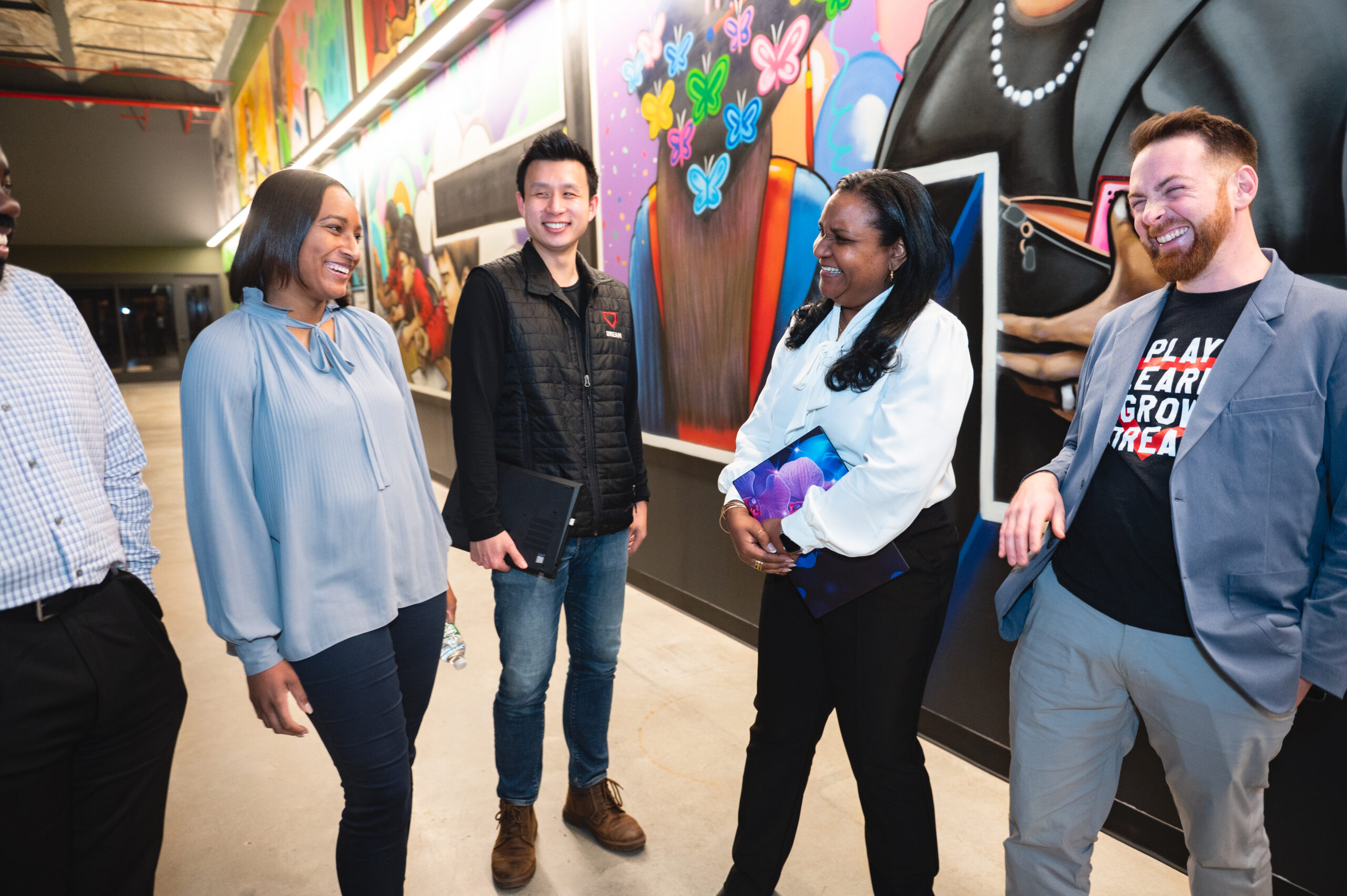
Faculty of DREAM, a Charter School in Harlem that received supportive funding from Carver FCU
Because of its community-focused banking services, dedication to the economic viability and revitalization of underserved neighborhoods, and its emphasis on supporting Minority and Women-owned Business Enterprises (MWBEs) and consumers, Carver Bank is both an FDIC-recognized Minority Depository Institution (MDI) and a U.S. Treasury Department-designated CDFI. Carver is headquartered in Harlem, and it has seven full-service branches, each of which is located in a low- to moderate-income neighborhood across New York City’s five boroughs. In addition to these branch locations, Carver offers online banking services in nine states and Washington D.C.. Additionally, it partners with Allpoint, J.P. Morgan Chase, and Wells Fargo to create a nationwide network of 84,000 surcharge-free ATMs for its members.
As a certified CDFI, Carver Bank is required to reinvest at least 60 cents of every dollar back into its community. In practice, however, the bank reinvests approximately 80 cents of every dollar back into its communities, helping to support small business growth, job creation, and economic development. It’s able to do that, in part, because of the grants, resources, and impact dollars made available through its long list of community partnerships. For example, Carver Bank has partnered with Operation HOPE to support financial literacy training, M&T Bank to create a multicultural small business lab, and The Greater Harlem Chamber of Commerce to empower women entrepreneurs working on energy efficiency projects. The bank has also partnered with the Greater Jamaica Development Corporation and The Harlem Business Alliance.
Additionally, in 2022, Carver Bank became a CNote Impact Cash® partner. CNote invests Impact Cash® dollars in mission-driven and FDIC- and NCUA-insured CDFI partners like Carver Bank, generating returns on institutional investors’ cash allocations while supporting financially underserved communities across the country.
When It Comes To Small Business Lending, One Size Does Not Fit All
A cornerstone to Carver Bank’s work is its business and commercial lending programs. Carver Bank offers an array of products and customized solutions that it can tailor to individual small business owners’ needs. For example, just last month, a contractor that Lloyd has known for years reached out to inquire about a $200,000 line of credit so that he could mobilize a contract with one of New York City’s agencies. Although the amount exceeded Carver’s microloan program limit of $50,000, Lloyd directed him to Carver’s contractor financing program, which the CDFI offers in partnership with the Empire State Development Corporation as one of its many public-private partnerships that it participates in to help meet the specific needs of small business owners. Ultimately, the contractor qualified for the loan and therefore had the flexibility to finalize and finish the contract requirements.
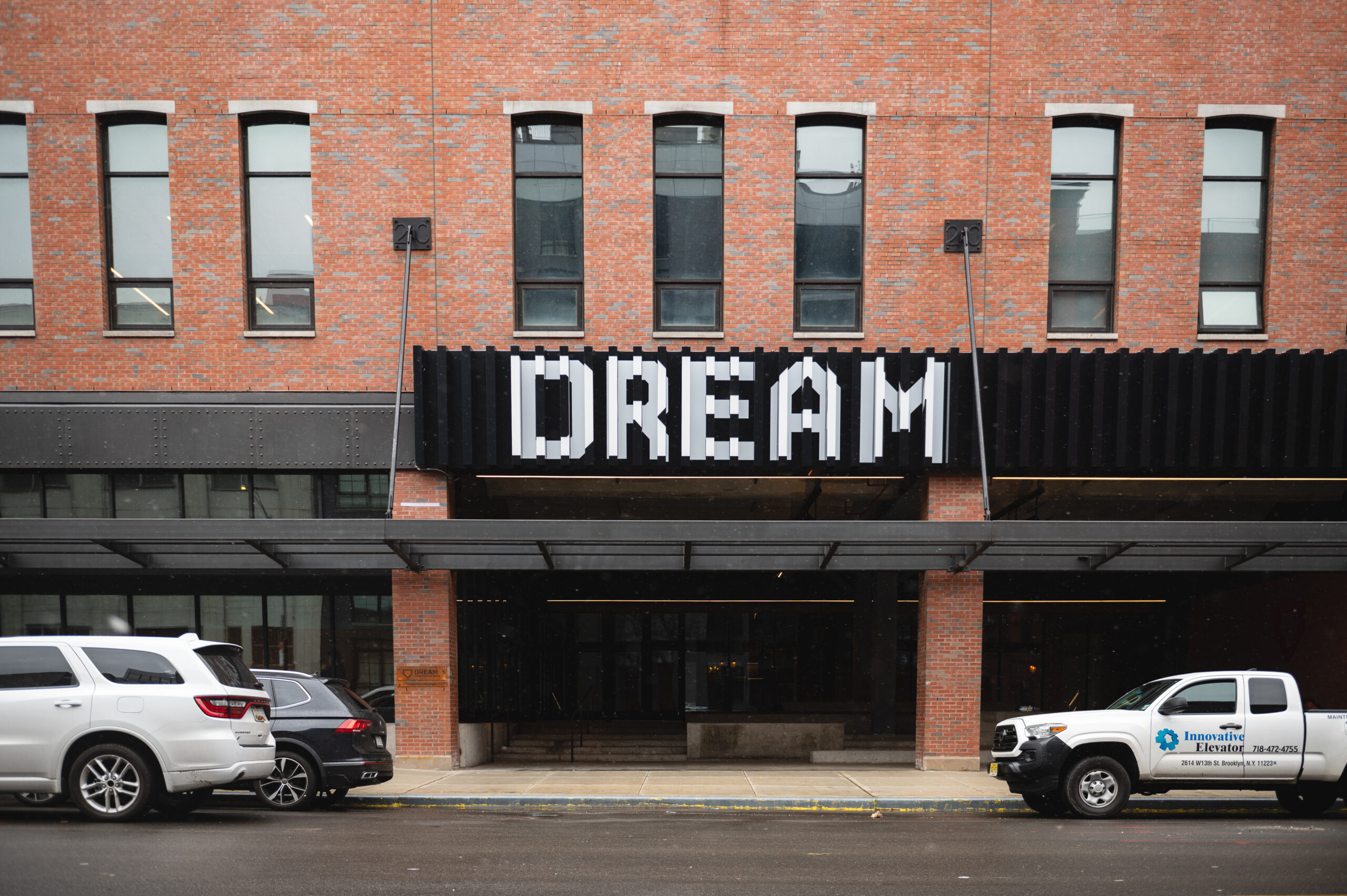 Lloyd is used to helping point clients in the right direction, even if that sometimes means sending people away from Carver Bank. According to Lloyd, if Carver doesn’t have the specific product that a client needs, he and his team are quick to make a warm referral. They’ll even go as far as communicating with other partner organizations and streamlining the process so that the client isn’t left waiting or having to start the lending process from the very beginning somewhere else. “If we can help the client at Carver, we’ll do that,” Lloyd said, “but I can’t tell you how many times I’ve had clients come back to me thanking me for referring them to one of our partner organizations. It’s really about the relationship, providing support, and being a trusted member of their team. The most important thing is to make sure that they get the help they need.”
Lloyd is used to helping point clients in the right direction, even if that sometimes means sending people away from Carver Bank. According to Lloyd, if Carver doesn’t have the specific product that a client needs, he and his team are quick to make a warm referral. They’ll even go as far as communicating with other partner organizations and streamlining the process so that the client isn’t left waiting or having to start the lending process from the very beginning somewhere else. “If we can help the client at Carver, we’ll do that,” Lloyd said, “but I can’t tell you how many times I’ve had clients come back to me thanking me for referring them to one of our partner organizations. It’s really about the relationship, providing support, and being a trusted member of their team. The most important thing is to make sure that they get the help they need.”
Building Intergenerational Wealth And Intergenerational Trust
Trust is at the core of Carver Bank’s work in its community. Earlier this year, Lloyd participated on a panel where he met a photographer who said “I’ve known about Carver all my life.” According to Lloyd, when the photographer’s parents arrived in New York City from their native Trinidad, Carver Bank was the only financial institution that was willing to establish a relationship with them. Eventually, Carver Bank helped the photographer’s parents to purchase a home: an important first step to building intergenerational wealth. Today, the family owns 15 properties. Although Lloyd said it’s hard to measure that kind of impact from an economic standpoint, it’s stories like the photographer’s that demonstrate the trust that communities of color have in Carver Bank.
Unsurprisingly, Lloyd thinks about what Carver Bank can do with that trust in the future. Not only is their growing interest in CDFIs and MDIs, especially within the FinTech sector, but Carver is uniquely plugged into one of the most dynamic markets in the country: Greater New York. To help continue to meet the needs of its communities, Carver Bank wants to continue to scale its products, services, and small business support. Lloyd and his team also want to reimagine their branches. Specifically, Carver Bank envisions its branches one day becoming community hubs, or anchors, where clients can access traditional banking services, but also other community resources, events, and workshops.
“I feel like we’re at a really important time in history,” Lloyd said. “Our communities have continued to change, but we’ve continued to evolve. We always make sure that we have our finger on the pulse of what’s going on, leaning into what these issues are, and then coming up with some innovative solutions so that we can continue to deliver the services that we’ve been offering for the past 76 years. It’s an exciting time to be at Carver Bank.”
Learn More:
- Carver Federal Savings Bank has been a cornerstone of economic empowerment for over 76 years, offering innovative financial solutions and fostering intergenerational wealth and trust in underserved communities across New York City.
- CNote is a women-led investment platform that empowers individuals and institutions to invest locally to further economic equality, racial justice, gender equity, and address climate change.

